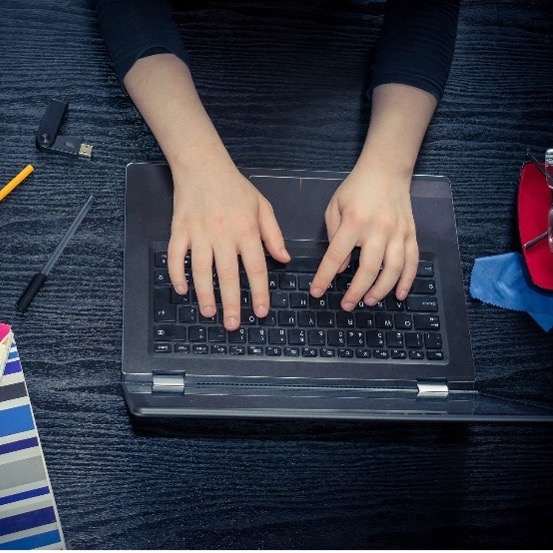
To contain the spread of the Corona-Virus, governments all around the world have introduced measures such as “lockdown“, school closures, restriction of the number of contacts, and “stay at home” orders. Many of the measures affect especially children and families and threatens their well-being.
Digital media are essential for homeschooling, maintaining social contacts or getting information. In addition, digital media (e.g. video gaming) are often used to cope with negative emotions. A study during the first lockdown in Germany indeed revealed an increase in video gaming time in a representative sample of children and adolescents of up to 75%. Their parents showed a similar increase in their gaming time as well [1].
The gaming time of the children and adolescents averages 139 minutes on weekdays and 175 minutes on a day of a weekend.
As video gaming can help to cope with the covid-19 pandemic-related stress and help to maintain social contacts, it also poses the risk of disordered or addictive use.
Gaming disorder is defined in the ICD-11 (International Classification of Diseases) as a pattern of gaming behavior characterized by impaired control over gaming, increasing priority given to gaming over other activities and continuation of gaming despite the occurrence of negative consequences. To establish healthy digital media use during the Covid-19-pandemic, an expert group made the following practical recommendations [2].
• A healthy lifestyle with daily structure, healthy eating, and drinking, sleeping regularly and enough, physical activity, relaxing, and stress-reduction-techniques may be very helpful.
• Family members should arrange to spend quality time with each other and have “family time” periods on a regular basis. Family time may include meaningful conversations, playing social games or sports, eating meals and doing household chores together. But it may be useful to find ways of being alone or having some self-time regularly. It may help to negotiate spaces in the house for individual and common use, as well as to establish and respect boundaries such as doors being open or closed. This may help reduce frustration and conflicts that may arise from being in the same place for long periods.
• Limiting the exposure to news of the pandemic (e.g. watching a reputable news broadcast once per day only)
• Self-monitoring and regulating one’s screen time by reducing access or exposure (e.g. by putting the smartphone/device somewhere where it is not constantly available and turning off or muting notifications and associated sounds on mobile devices) may have a positive impact on mental well-being. Monitoring and regulating children’s screen time is also important and it may best be done by involving them in rule-making.
• Parents are role models; thus, regulating their own behaviors may help their children to establish controlled use as well. Parents are also encouraged to actively participate digital media behaviors of their children (e.g., playing video games together with them). Such involvement of the parents will help them regulate their children’s usage (e.g., by knowing the characteristics of different video games), as well as promote adaptive online activities and reduce the use of other ones.
• Using analogue technical tools (e.g., wristwatches, alarm clocks) when possible instead of digital tools may help prevent overuse in certain situations (e.g., checking the time on a smartphone might turn into the use of other applications such as social media sites due to the notifications appearing on the locked screen).
• Seeking help if needed is also very important. If experiencing high levels of distress or significant difficulties controlling internet use or specific online activities, mental health professionals should be contacted.
References
[1] Game- und Social-Media-Konsum im Kindes- und Jugendalter – Wiederholungsbefragung vor dem Hintergrund der Corona-Krise (Längsschnittuntersuchung). 15 May 2020, by forsa Politik- und Sozialforschung GmbH. https://www.dak.de/dak/download/report-2296314.pdf
[2] Kiraly et al. (2020). Preventing problematic internet use during the COVID-19 pandemic: Consensus guidance. Comprehensive Psychiatry (100). https://www.sciencedirect.com/science/article/pii/S0010440X20300225
